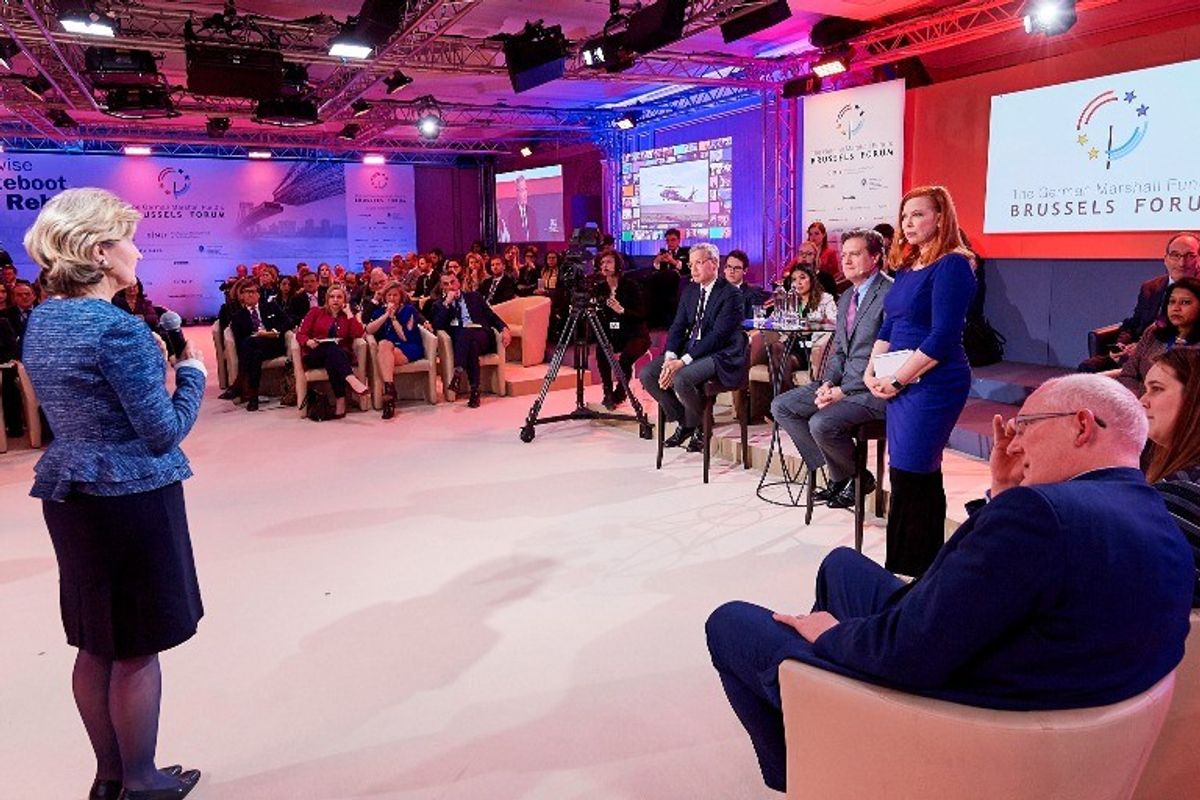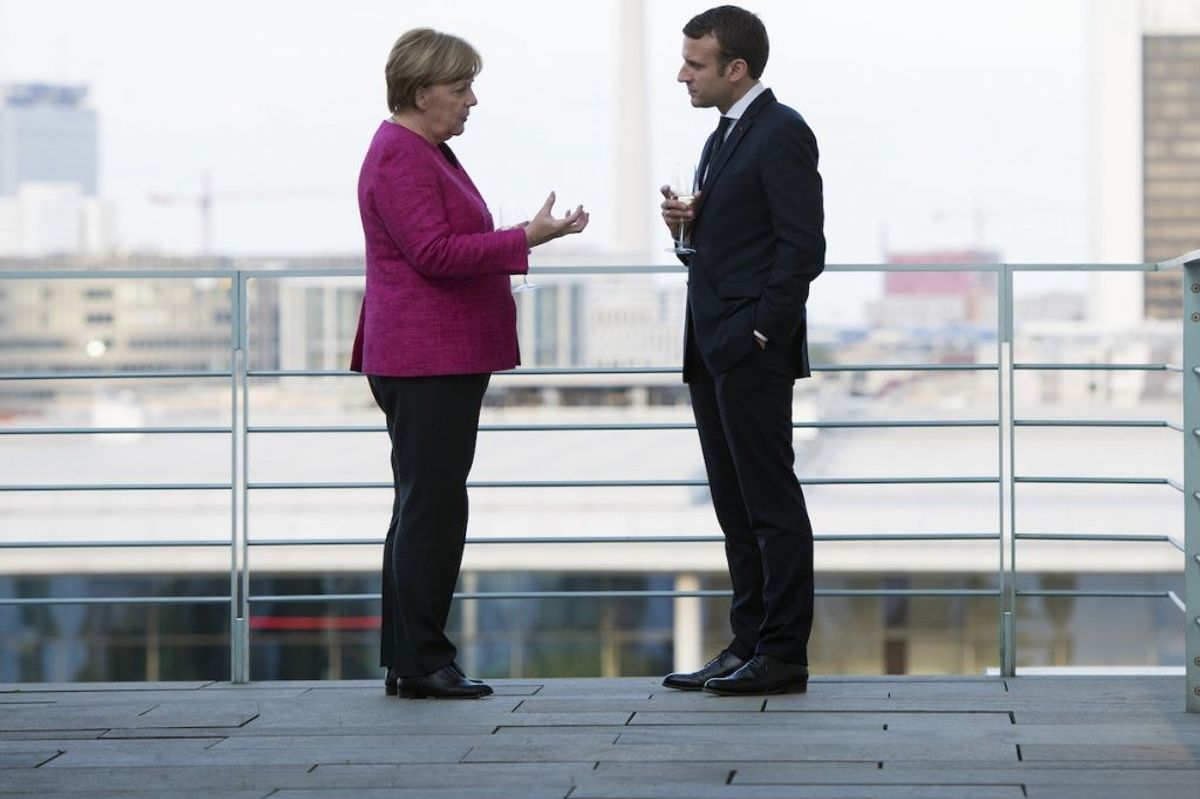Britain voted last week by a slim margin to leave the European Union. The economic implications were immediate, with stocks around the world plunging and the pound hitting its lowest level since 1985. A longer term effect will be on European defense. The Cipher Brief spoke with Almut Möller, head of the European Council on Foreign Relations (ECFR) Berlin Office and senior policy fellow there, about the impact on European security.
The Cipher Brief: What will be the impact on security of the European continent, particularly with regards to terrorism, now that the UK has voted to leave the EU?
Almut Möller: The heads of the United Kingdom’s security institutions, as well as “Remain” campaigners, have taken a clear stance on the value of cooperation in fighting terrorism. If the UK follows through on the results of the referendum and leaves the EU, it will be more difficult to have access to European resources. However, since both the UK and other EU countries have a strong interest in seeing that cooperation continues to make Europeans safer, and in light of the UK's resources in this area, I expect cooperation to still be close.
TCB: What is going to happen to European defense and security institutions?
AM: France and Germany will push for the EU institutions to remain a pillar to build on for European security. At the same time, Berlin has left no doubt lately that it is also committed to investing in NATO, and is taking a leading role ahead of the NATO summit in Warsaw next month. At this stage, the debate on the pillars of European security have become less ideological: In light of very real challenges to security, any instruments that contribute to making Europeans safer will be deployed. No doubt, the UK will continue to be part of that conversation.
TCB: Do you expect the referendum to have an effect on the upcoming NATO summit?
AM: No doubt, the referendum will be a major conversation in the weeks and months ahead. However, I expect European capitals, including London, to work to not let this discussion raise doubts about Europeans standing united on confronting the security challenges they face.
TCB: Britain has long been viewed as the military/security power of the EU. Will another EU country now assume that position?
AM: Germany has already been put on the spot over the past months and has started to invest more in European security. It has also deployed its diplomatic weight alongside France to deal with the challenge of Russia in Europe. While the UK has always been reticent about the EU pillar regarding European security, Germany has and continues to invest in shaping European security institutions and procedures under the roof of the EU, but is visibly more committed to also play a role in security and defense under NATO. The aftermath of the referendum will bring France and Germany even closer in the area of security.













